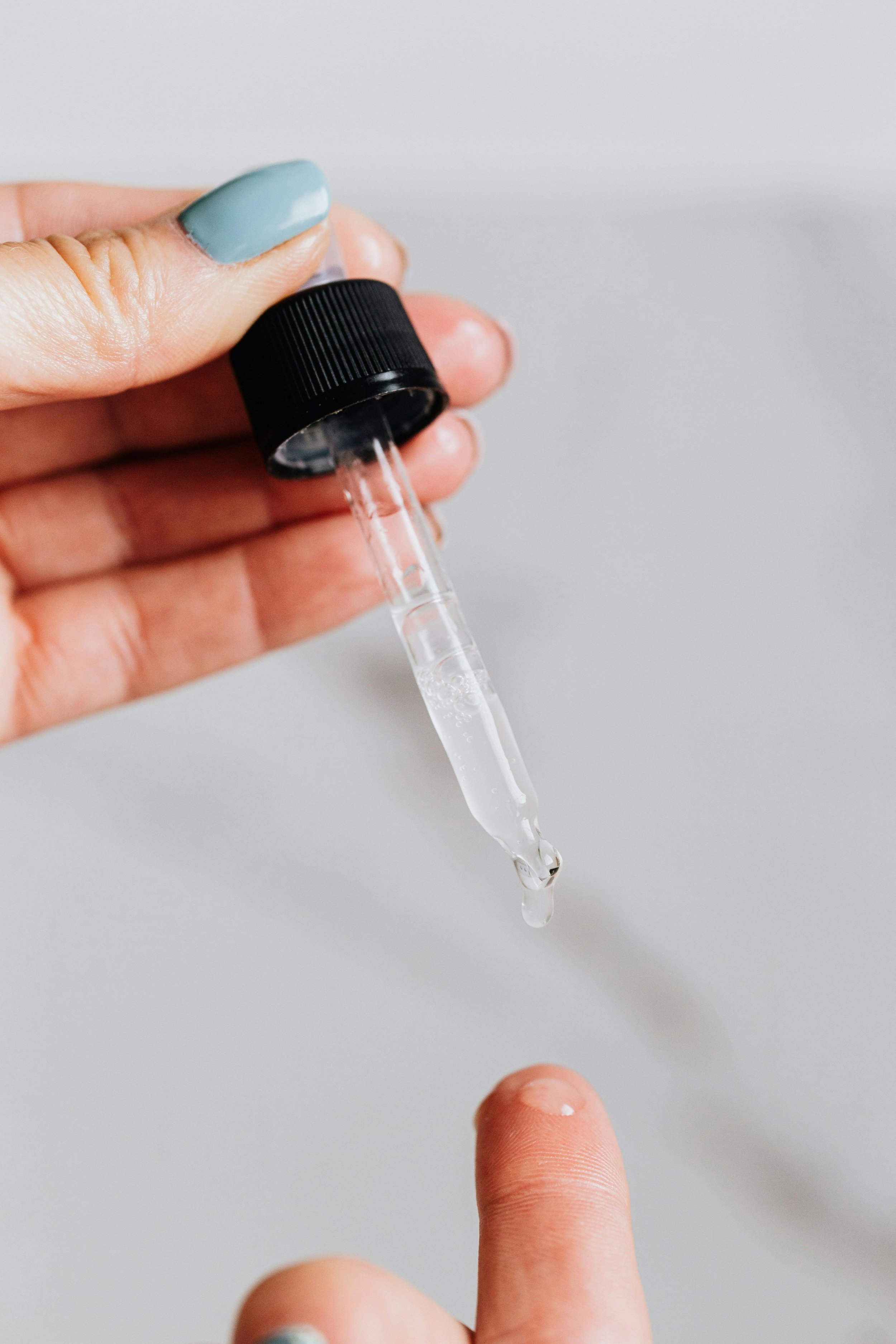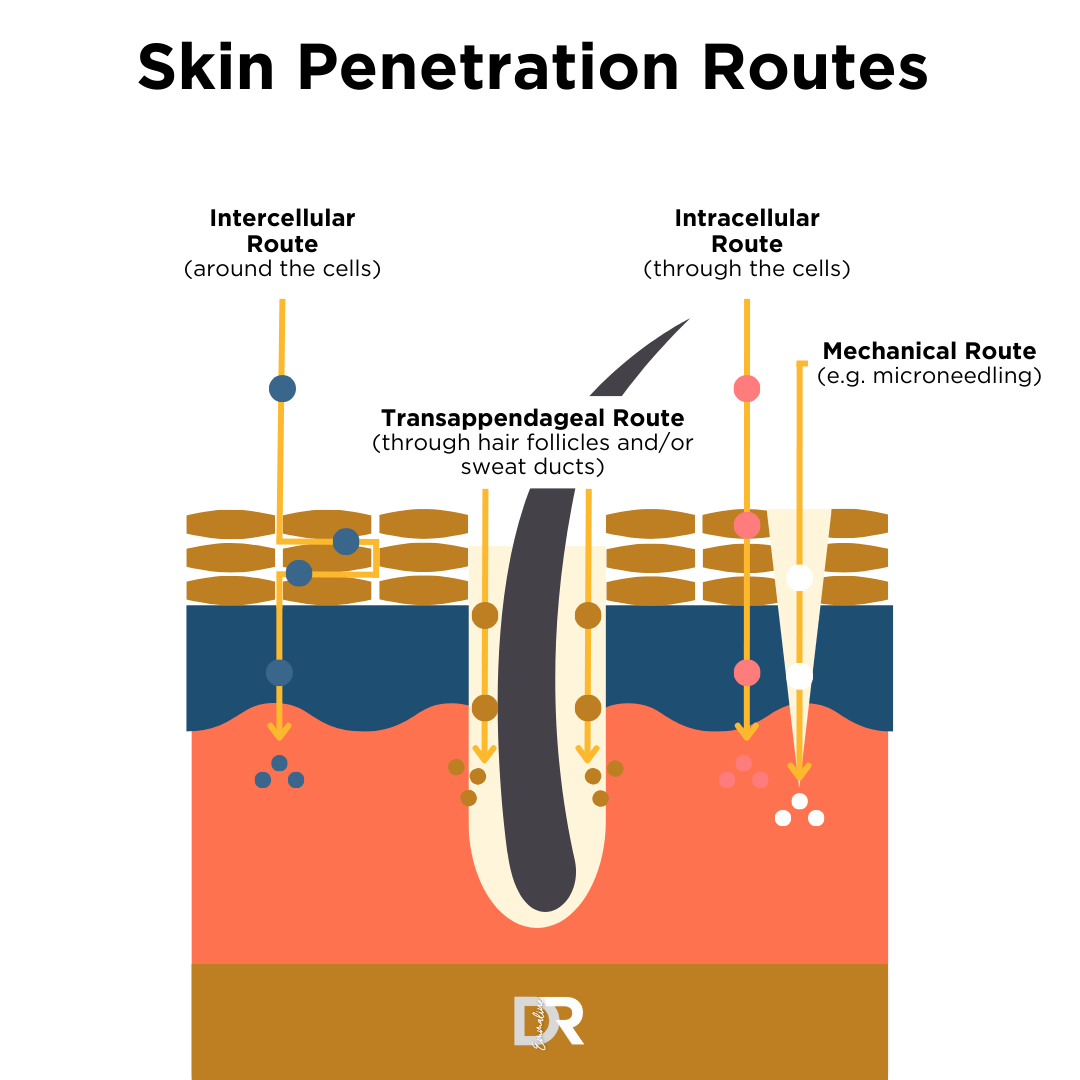Turn That Frown Upside Down: Can Botox Help Depression?
It comes as no surprise to hear that cosmetic medicine and psychology are interconnected, and that medical aesthetic treatments have the ability to have a dramatic effect - both positive and negative - on our mental health.
While a lot of the focus in this area is around serious issues like body dysmorphia, which highlights the importance of always going to an ethical medical professional who has the competence to diagnose and manage complex health issues - it is also worthwhile looking at the positive mental health effects this treatment can have.
One of the areas that I find the most fascinating is the role that Botox treatments have in depression. Early research is strongly indicating that Botox improves the symptoms of depression! So what do the studies show, and how does this work?
What Does the Research Show?
The idea first took hold in 2006, when a series of case studies suggested that patients who has been treated with botulinum toxin in the glabellar area of the forehead (otherwise known as the “frown lines” or “elevenses”), felt an improvement in their depression symptoms.
A recent systematic review, which takes all the studies and research we have on a topic and compiles it together, showed that botulinum toxin injections are “associated with a statistically significant improvement in depressive symptoms” when compared with a placebo treatment.
There were still some limitations to these studies. The overall number of studies looking at this research question is still small, so a definitive answer will require further research. The patient groups under investigation, while all diagnosed with depression, had a variety of symptoms and differences in severity in symptoms. The average follow-up time was at six weeks, which is a relatively short time scale. The patients were also mostly female.
How Does This Work?
The simple answer is we don’t know exactly what the mechanism of action is yet. Needless to say, the interplay between our physiology and psychology is immensely complex!
However, there are a few suggested mechanisms of action.
One of these focuses around the concept of proprioception, which is the way in which your body senses where it is in space and constantly feeds information back to the brain. The theory is that our faces can reflect our everyday stresses and strains, and as we furrow our brow under the pressure that movement and sensation is constantly fed back to the brain. By softening that expression, we’re suddenly removing that constant unconscious input back into our heads that we’re unhappy.
An even simpler way of thinking about how this could work is that we are giving ourselves visual feedback when we catch sight of our faces in the mirror. Rather than seeing an angry and furrowed brow, we see a relaxed and smoother face!
Final Thoughts
This potential use of botulinum toxin as a treatment for depression is a fascinating avenue to explore, but we still have more research to do before we know how much of an effect toxin really has, and how it might be working.
Still, I do think it makes intuitive sense that the way we physically look and feel can reflect back on and improve our mental health. I can’t wait to see what future directions the research takes!
Are you a patient who wants to read more? Find my article on Glowday summarising this.
Are you a clinician? My CPD-accredited research article on this topic is available from the Aesthetics Journal.
References
Finzi E, Wasserman E. Treatment of depression with botulinum toxin A: a case series. Dermatol Surg. 2006 May;32(5):645-9; discussion 649-50. doi: 10.1111/j.1524-4725.2006.32136.x. PMID: 16706759.
Qian H, Shao F, Lenahan C, Shao A, Li Y. Efficacy and Safety of Botulinum Toxin vs. Placebo in Depression: A Systematic Review and Meta-Analysis of Randomized Controlled Trials. Front Psychiatry. 2020 Dec 4;11:603087. doi: 10.3389/fpsyt.2020.603087. PMID: 33343429; PMCID: PMC7746677.
Wollmer MA, Magid M, Kruger THC, Finzi E. The Use of Botulinum Toxin for Treatment of Depression. Handb Exp Pharmacol. 2021;263:265-278. doi: 10.1007/164_2019_272. Erratum in: Handb Exp Pharmacol. 2021;263:279. PMID: 31691857.
Wollmer MA, Neumann I, Magid M, Kruger TH. Shrink that frown! Botulinum toxin therapy is lifting the face of psychiatry. G Ital Dermatol Venereol. 2018 Aug;153(4):540-548. doi: 10.23736/S0392-0488.18.05987-4. Epub 2018 Apr 18. PMID: 29667799.













In the colourful history of cosmetics, few stories have taken on such a life of their own as the so-called Lipstick Ban of 1770. Allegedly passed by the British Parliament, this infamous “act” decreed that any woman who used makeup to deceive a man into marriage could be tried for witchcraft, and that the marriage would be rendered null and void.